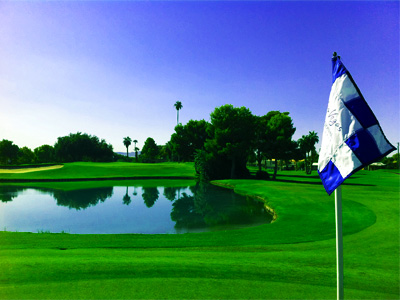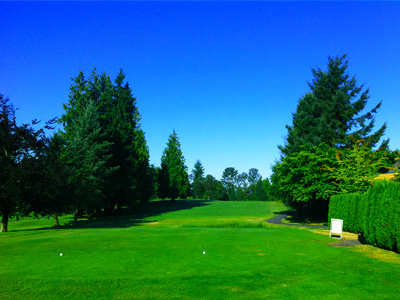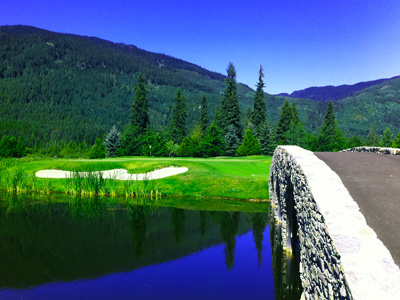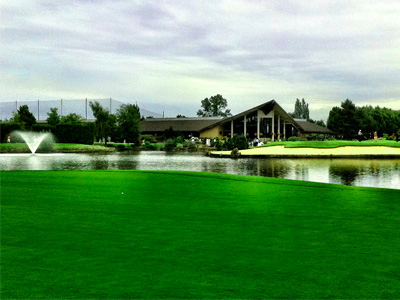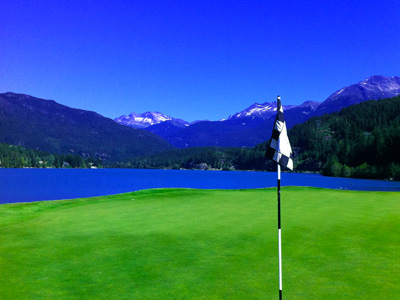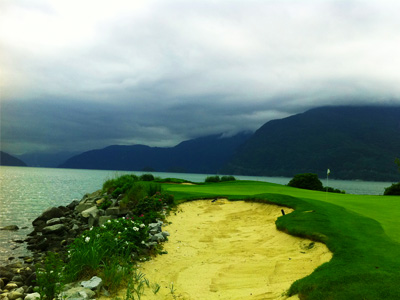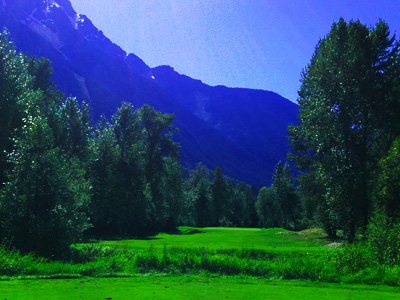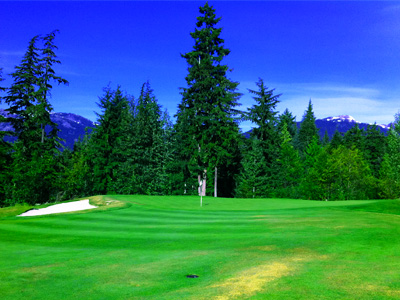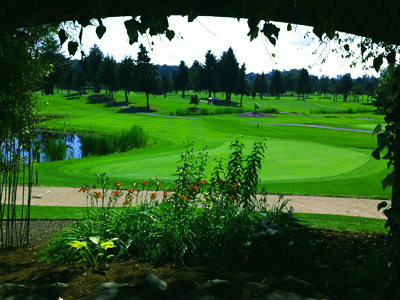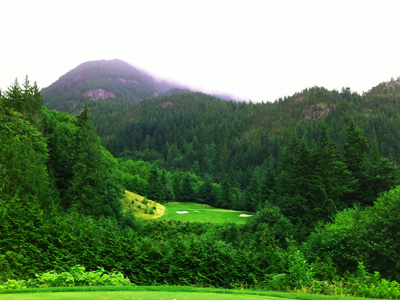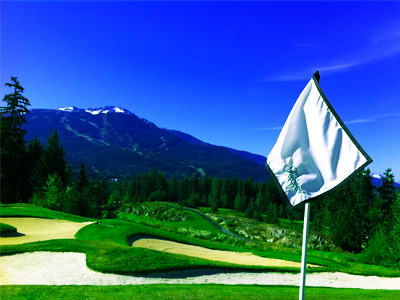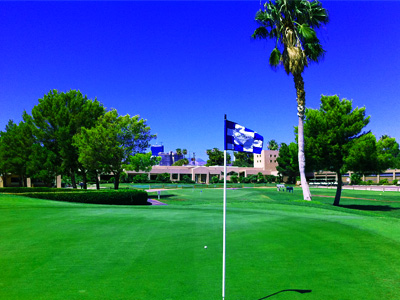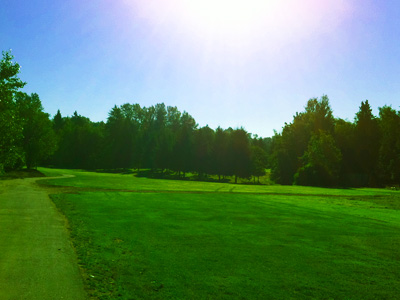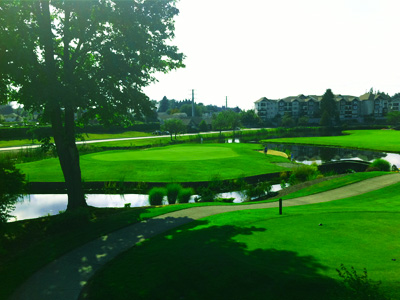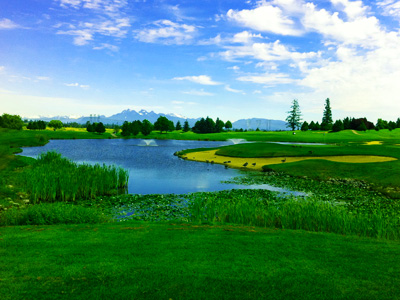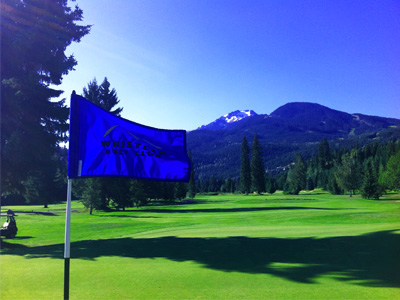Your browser does not support iframes.
CHASKA, Minn. — Twelve years ago, U.S. Ryder Cup captain Hal Sutton had an idea to get his side’s engine revving at Oakland Hills outside of Detroit.
Sutton would pair Tiger Woods and Phil Mickelson, the two best American players of the last 30 years, as a team in the opening match of the Ryder Cup. They’d play in a better-ball match against Colin Montgomerie – at the time, the European stud – and Padraig Harrington.
Mickelson and Woods were too big to fail. And they failed.
The duo played terribly together, losing by a 2-and-1 count in the first match that proved an embarrassment for the American side. Perhaps not getting the hint, Sutton sent them out again in the afternoon alternate-shot session and got the same result: another L.
The American team lost by a record 18.5-9.5 margin that weekend, managing to duplicate the feat two years later at a road game in Ireland.
At the time, and even to this day, there has been a lot of conjecture about why Mickelson and Woods didn’t work together. On Wednesday, Mickelson laid it out clear as day.
“We were told two days before that we were playing together,” Mickelson said, “and that gave us no time to work together and prepare.”
Mickelson prefers a low-spin golf ball. Even to this day, Woods prefers a high-spin ball. They were incompatible in alternate shot solely on that basis. Mickelson tried to figure out how to play Woods’ ball in two days, even practicing off property to solve the riddle. It didn’t work, and that distraction kept Mickelson from otherwise staying sharp. Both their games suffered. Mickelson went 1-3 that week, while Woods went 2-3, only because he managed to win his singles match on Sunday.
It’s those types of things Mickelson has experienced over two decades as an American Ryder Cup player that, he believes, explains why the U.S. has lost eight of the last 10 biennial matches against Europe.
“When players are put in a position to succeed, often times, more often than not, they tend to succeed and when they are put in positions to fail, most of the time they tend to fail,” he said Wednesday.
So, when Mickelson and his peers were smoked by Europe again two years ago by a five-point margin (at least it wasn’t nine!), he spoke up. He was fed up with not having more of a say in the Ryder Cup. From the PGA of America dictating captains, to dictating captains not listening, Mickelson had enough. In front of captain Tom Watson, brought back to reinvigorate the American spirit of winning, Mickelson said he longed for the style of the one guy who has led the U.S. to a Ryder Cup victory this century: Paul Azinger in 2008.
And from that outburst at Gleneagles was born the Ryder Cup Task Force, of which Mickelson and Woods became part, as well others spanning theirs 20s to 50s in age. The Task Force became the Ryder Cup Committee, which decided to give Davis Love III a chance to avenge the U.S. choke job at Medinah in 2012.
However, if you’ve read the tea leaves, you know that Love’s name might be atop the masthead, but Mickelson and Woods, who is not playing but serving as a vice captain, have been calling the shots going into this Ryder Cup.
“It was kind of cool just to be a part of those meetings,” Rickie Fowler said of the Task Force. “Sometimes I would just kind of sit back and take in info and put my two cents in here and there, but I think Phil and Tiger took care of a lot of the talking.”
Love has praised Woods vociferously for his pre-event work, calling him the American “tactician.” Woods sent Love his captain’s picks almost a month before the first three wild-card players – Rickie Fowler, J.B. Holmes and Matt Kuchar – were named to the team. Mickelson suggested that there would be no drama, no sudden switch in the picks. It wasn’t that the fix was in, it was that Mickelson, Woods and company knew who would fit their team the best. Sorry, Bubba.
It sounds like Woods and Mickelson have enjoyed working together.
“It’s been great,” said Mickelson. “The last few weeks, we’ve been talking on the phone multiple times a day. It’s been really exciting for us because we’ve been on so many teams for so many years, and to have this much input and involvement in the process, the way Davis has implemented everybody’s input, the way he’s brought everybody together and their ideas, has been truly an inclusive process and it’s been fun for Tiger and I to be a part of something like that.”
Woods has so embraced his leadership role – maybe the Dick Chaney to Love’s George W. Bush – that he’s spooked out a few of his own players, including Brandt Snedeker.
“He called me two weeks ago, you know, and started talking to me then,” Snedeker said. “We were on the phone for an hour and a half.”
Snedeker added, “Got to the point where I was joking around, like you’re calling me more than my wife is right now, we need to figure something out. But it’s great to have that kind of commitment and that kind of passion from a guy like Tiger. I think that’s something that gets lost.”
Despite brilliant individual careers, neither Woods nor Mickelson have stellar records when it comes to the Ryder Cup. Between them, they’ve made 17 Ryder Cup teams before this week. They’ve won twice times – both in 1999 and just Mickelson in 2008 when Woods was recovering from blowing out his knee to win the U.S. Open that June.
Woods, still recovering from a back injury that’s sidelined him since Aug. 2015, can only play human Stratego this week, moving pieces in place, hoping the American number beats whatever the Europeans bring to each meeting. Mickelson, however, is a de facto playing captain on this team. In what is likely the 46-year-old’s final Ryder Cup on home soil, Mickelson has more control over the outcome this week than he ever has.
Fittingly, the last man to officially hold that role in this series is Arnold Palmer, who did the double en route to victory in 1963. That week, the Americans thrashed Great Britain and Ireland by a 23-9 mark, never losing a match in any of the three afternoon sessions. Things were different then – the format and common outcome among them.
This week, the heirs apparent to Palmer in popularity and potency get their chance to do something they felt was so rarely done for them the last 20 years: put their peers in a position to win.
Ryan Ballengee is a Yahoo Sports contributor. Find him on Facebook and Twitter.
Follow @RyanBallengee
LISTEN TO OUR WEEKLY GOLF PODCAST! This week: Assessing the 2016 Ryder Cup teams
_
Devil Ball Golf – Golf – Yahoo Sports
Other Related Posts:
Follow Jay Busbee on Twitter at @jaybusbee. Look, let's be honest: as grea...
Very little impresses Phil Mickelson when it comes to scrambling. When you...
It doesn't happen much, but in this team format, playing alongside Matt Ku...
Si Woo Kim became the youngest-ever winner of The Players Championship on S...
Tiger Woods offered his first public update on his health after a fourth ba...
